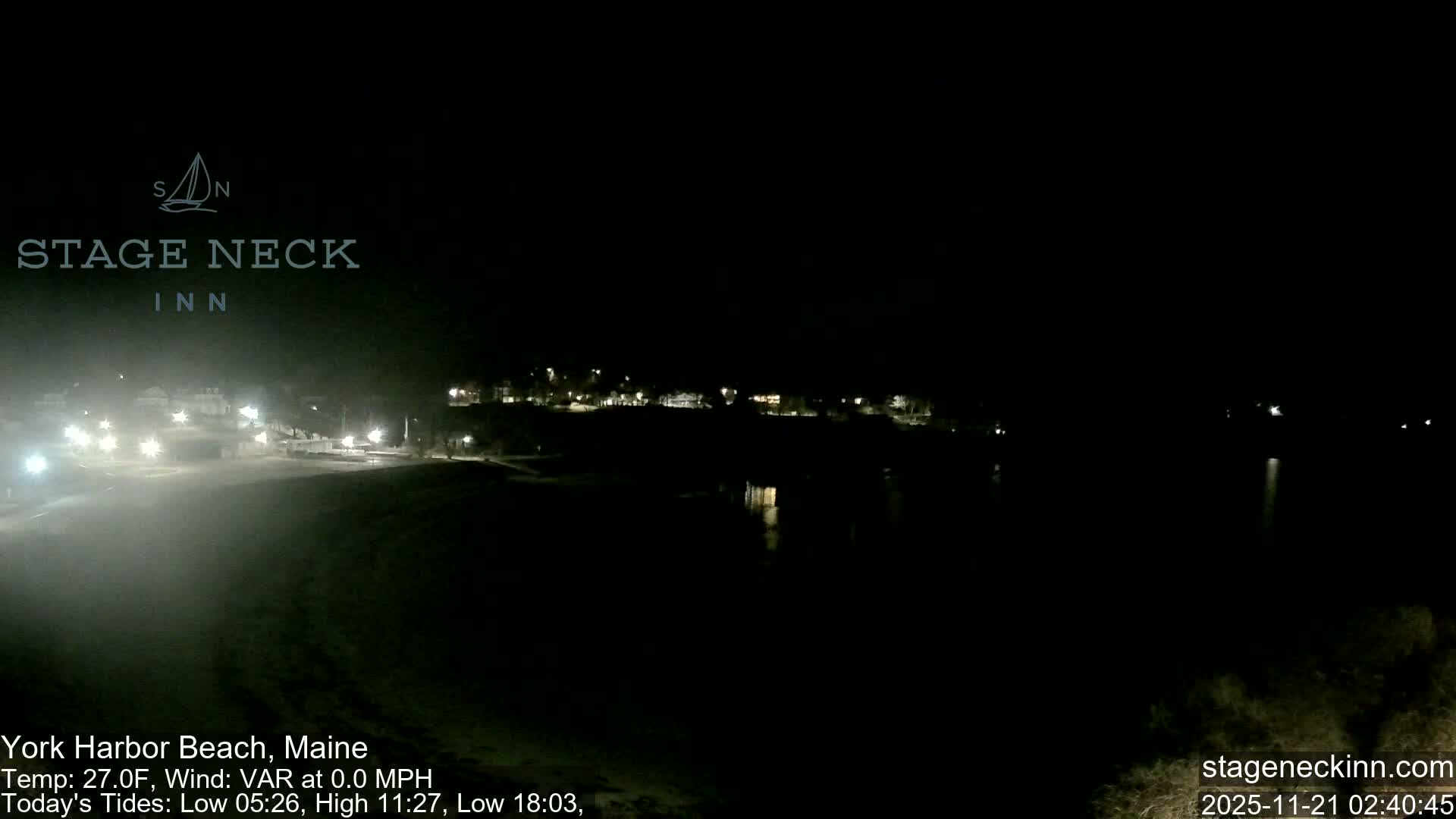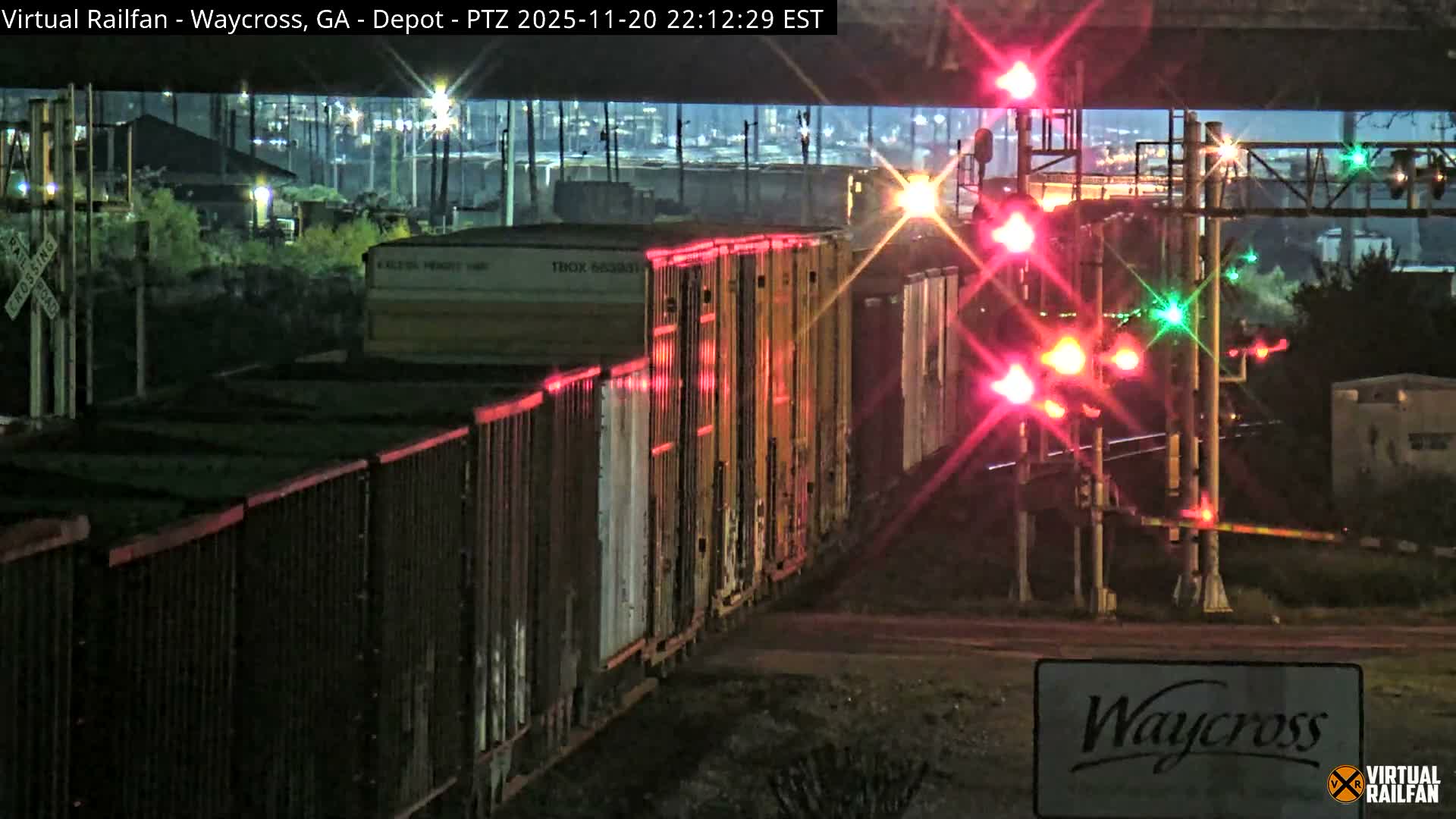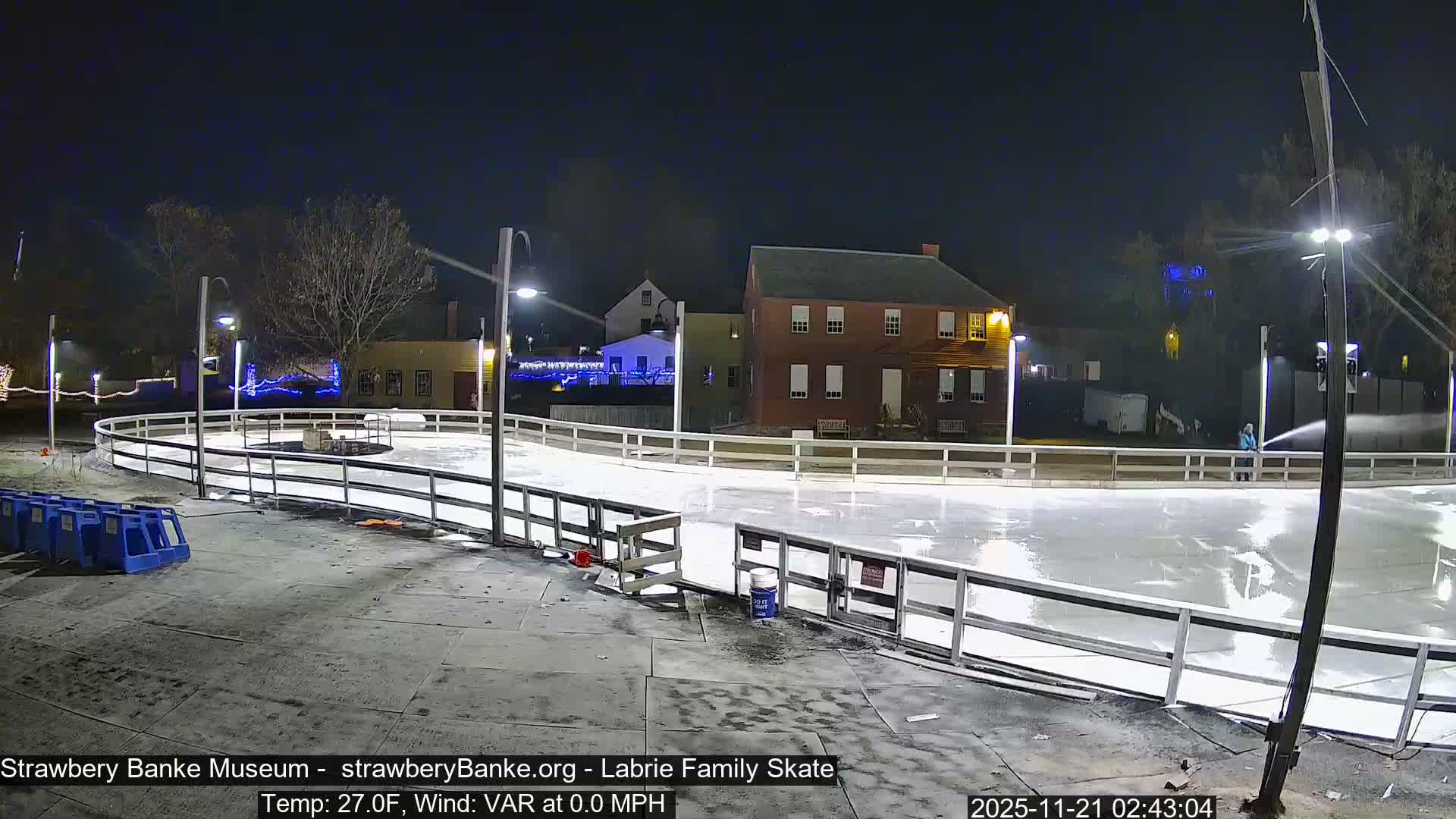US Border Patrol Ends Charlotte Immigration Crackdown
The United States Border Patrol has concluded its controversial five-day immigration enforcement operation in Charlotte, North Carolina, a move that city and county officials have confirmed. This development follows a period of intense federal activity, public outcry, and significant disruption within the Democrat-led city.
Charlotte Mayor Vi Lyles publicly announced on social media that the U.S. Border Patrol appeared to have ceased its operations, expressing relief for the community. “I’m relieved for our community and the residents, businesses, and all those who were targeted and impacted by this intrusion,” Lyles stated, emphasizing the need for community unity moving forward.
Echoing the mayor's statement, the Mecklenburg County Sheriff’s Office also confirmed that federal authorities had assured Sheriff Garry McFadden that “Operation Charlotte’s Web” was complete, with no further activities planned for Thursday. However, the sheriff’s department clarified a crucial distinction: while Border Patrol's specific operation has ended, U.S. Immigration and Customs Enforcement (ICE) maintains its full authority and will continue its regular operations in Mecklenburg County, including detaining, apprehending, and taking undocumented immigrants into custody according to federal law.
Operation Charlotte's Web: Context and Impact
The “surge” of resources to Charlotte, announced by the Trump administration on November 15, was justified by accusations that local officials' “sanctuary” policies allowed undocumented individuals to “roam free.” During the operation, the Department of Homeland Security (DHS) reported over 250 arrests by Tuesday night, with enforcement efforts also extending to the state capital, Raleigh, and surrounding areas.
"Operation Charlotte’s Web" sparked considerable resistance from residents in Charlotte, North Carolina's largest city and a thriving tech hub. Hundreds of protesters demonstrated outside businesses like Manolo’s Bakery, which temporarily closed to protect its staff and patrons, and near a Home Depot where Border Patrol agents were present. Students from several local schools, including East Mecklenburg High and Northwest School of the Arts, staged walkouts in solidarity with the immigrant community. Local media noted a nearly 15 percent drop in school attendance, though the exact causes (protests, enforcement fears, or seasonal illness) remained unconfirmed.
The intense enforcement also raised alarm bells regarding potential human rights abuses, with locals documenting instances of vehicle windows being shattered and individuals being tackled and injured.
Broader Implications and Future Operations
As federal immigration operations wind down in Charlotte, attention now shifts to New Orleans, Louisiana, where a fresh wave of Border Patrol activity, dubbed “Swamp Sweep,” is anticipated. This pattern reflects broader concerns over immigration enforcement tactics in other Democratic-led cities, including Los Angeles, Chicago, Memphis, and Washington, D.C., and whether human rights are consistently upheld. Nationwide, the number of individuals in immigration detention reached a record high of 60,000 in August, as the Trump administration continued its campaign of mass deportations across the US.







